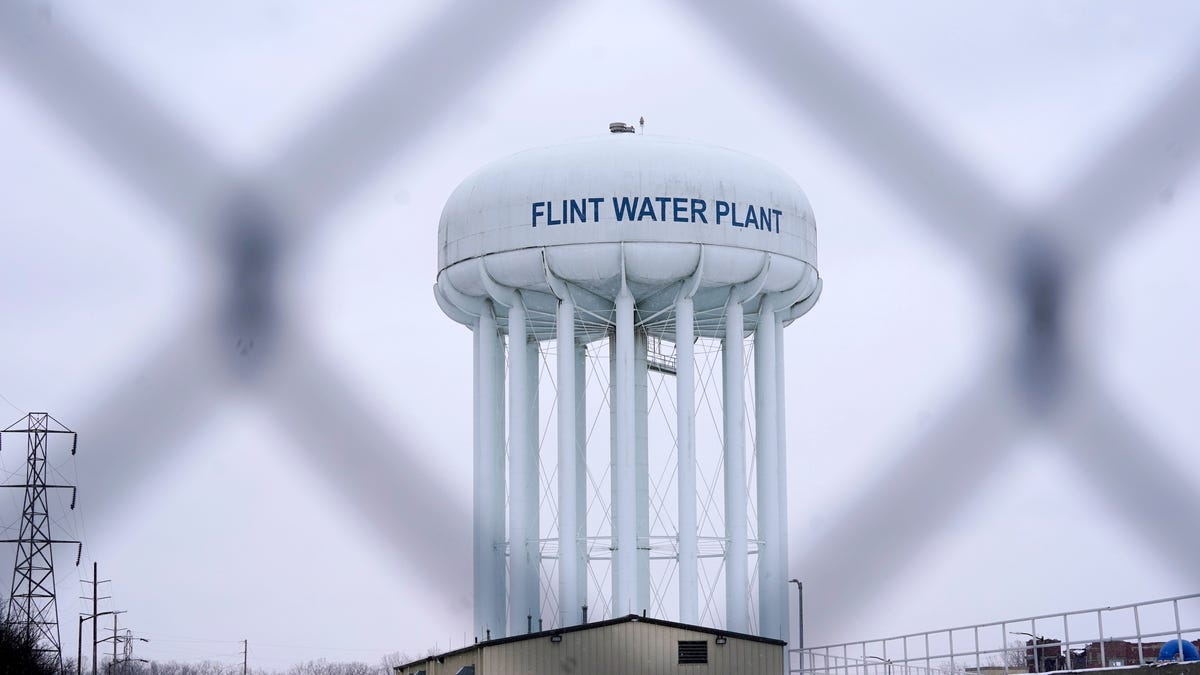Attorney General Dana Nessel's office is ending its pursuit of criminal prosecutions over the Flint water crisis after seven years of no convictions, a decision that came Tuesday after the Michigan Supreme Court rejected an attempt to revive charges against Republican former Gov. Rick Snyder.
If Flint had been a village in China, the offending officials would have gotten the death sentence years ago.


Philosophically, which is more democratic?
I'm not saying that there's an objectively correct answer, but it's worth considering whether democracy begins at ends at the procedure of elections or whether democratic outcomes are just as/more important.
As an example, when China had its only fatal HSR crash in history, it dissolved the Ministry of Railways and the Minister responsible was given a death sentence (later commuted to life in prison). When a company was found to be selling milk tainted with melamine, two of its executives were executed and one got a death sentence commuted to life in prison.
The Chinese system might not allow you to vote for who sits on the Politburo, but it's repeatedly demonstrated that it's willing to hold the rich and powerful accountable in a way the American system has repeatedly demonstrated that it cannot.
I‘m far from being an expert on how the Chinese system looks like exactly, but bringing it back to a more general aspect: how a dictatorship treats its people really depends on the situation and where the "power" is coming from. If it comes from things that don’t need workers, such as oil/gas, the population can be in a really bad place. If it relies on its workers that’s a different story. Really interesting video by CGP Grey regarding this: Rules for rulers.
It’s definitely possible to have a much better life and fairer decisions under a dictatorship than under a democracy. Really depends on the circumstances in each of these. The video is also talking about democracies btw.
—Xi Jinping
I appreciate your engagement, just wanted to suggest you think about this idea a little differently:
Can you define what you mean when you call something a dictatorship? I think this term gets bandied about as a way to discredit state enemies of western nations without the public having to think about what is meant.
Whatever you may believe about the CPC, what means are actually available to you to prevent your rulers from ignoring you? If you live in the US your state is likely gerrymandered to hell, your rulers are picking their constituencies to preserve their positions.
Do they have to do what the public wants? If you don't like the two parties can you actually pursue an alternative? The public overwhelmingly supports a ceasefire in Gaza, why is almost the entire government lock-step in refusing to even bring up the idea?
This isn't to say that there aren't governments in the world that aren't accountable to the public and that act in their own interest regardless of what anyone else wants. But you can have elections and do all the gesturing that western liberals expect and still be an unaccountable government with no real need for popular agreement or input.
Guess all of that is to say be careful with the word, it might be shutting down questions it would be good to ask about your own (presumably western liberal) society.
Is this any different than a liberal democracy? The US is a genocidal slave state which murdered and enslaved Native Americans and Black people. The old European empires like Britain, France, the Netherlands, etc did the same even when they were ostensibly democratic. The "Middle East's only democracy" is carrying out apartheid and genocide as we speak, and the original South African apartheid state was a democracy too. Let's also not forget that the Nazis rose to power directly from the legitimate democratic mechanisms of the Weimar Republic.
Looking at all these examples, it's pretty clear that democracies are perfectly happy to murder and enslave if the victims can't strike back at the democratic country's power structure.
Good point. It’s interesting how, in a democracy, what the majority wants can (by definition?) go against what minorities want and in some instances even against their human rights. Some of the laws, which haven‘t always come to pass in a democratic way, are (hopefully) shielding everyone equally from harm. Certainly not a perfect system and it definitely fails people all the time.
I found a YouTube link in your comment. Here are links to the same video on alternative frontends that protect your privacy: